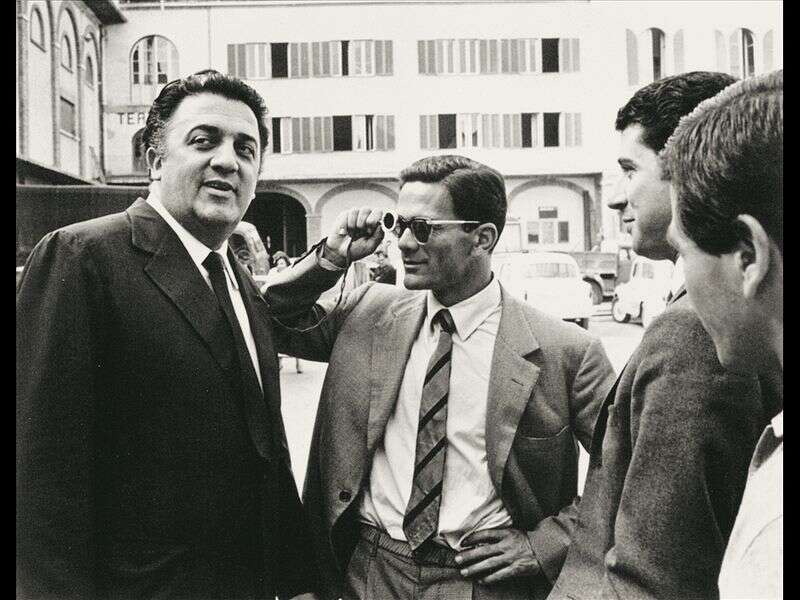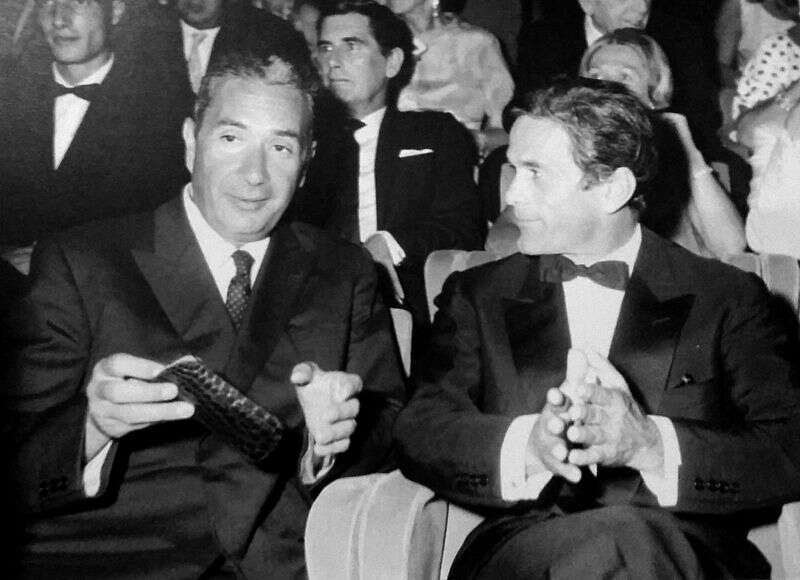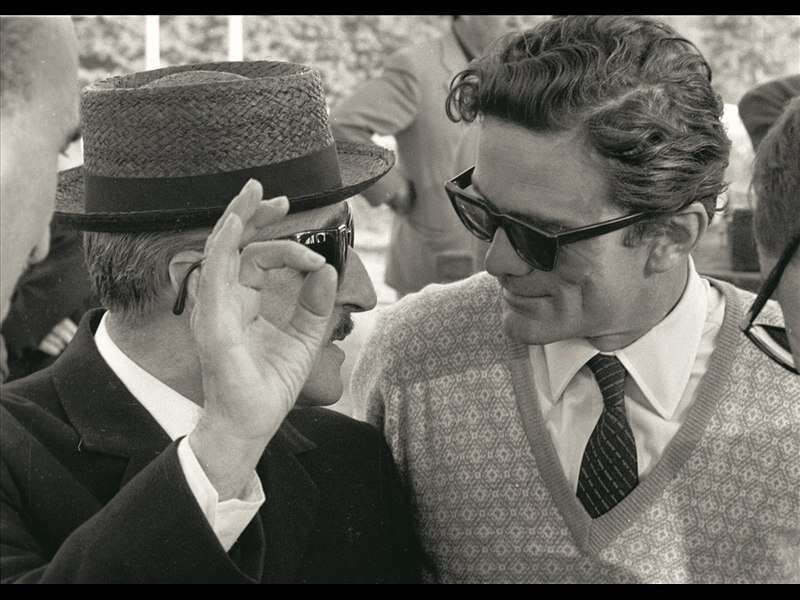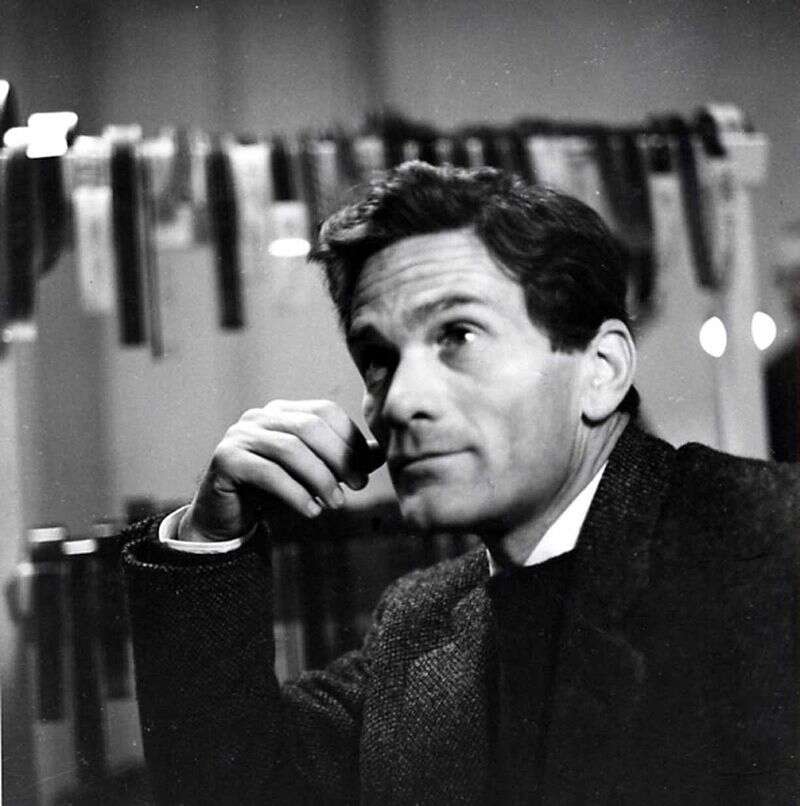Pier Paolo Pasolini
A legend of cinema
Pier Paolo Pasolini was a poet, intellectual, and film director. A legend of cinema, he remains one of the most widely-read, widely-studied and widely-debated film directors of all time. Through his film and essay writing, he sought to re-evaluate Italian society and offer insights into some of its most pressing social, economic and political concerns. His work was also rooted in Italian poetry and art: his analysis, although never short on controversy or incite, is always deeply rooted in the complexities of Italian culture.
Early life
Pier Paolo Pasolini was born in 1922 in Bologna, and grew up in Conegliano Veneto. His Roman mother was a teacher of Latin and Greek, his father before teaching Italian Literature at the University of Bologna had founded his own Socialist newspaper, later becoming a member of Parliament. His father moved to one job after another and the family lived a nomadic existence. They finally settled near Venice in 1933. He had a strict upbringing under his mother’s influence but became very attached to his grandmother who imbued him with sympathy towards peasants and peasants’ lifestyles. Pier Paolo Pasolini fled to Rome in 1940 to avoid capture by the Nazis and helped his mother with her food business.
Great works
Born in Bologna, Pasolini formed the cinematic movement known as Nuovo Cinema and moved to Rome to work for Italy's leading newsweekly, the weekly L'espresso. He made his debut in film with Accattone, which revealed with great clarity the social context of this neorealistic portrayal of delinquents. In 1965 he directed The Gospel According to Saint Matthew, winning the International Prize at Cannes. His concept of Jesus as a revolutionary left-wing intellectual made it one of the most popular films after The Robe and Ben-Hur. Pasolini adapted some of this country's most significant works to the screen, including The Canterbury Tales, The Arabian Nights and the Decameron.











